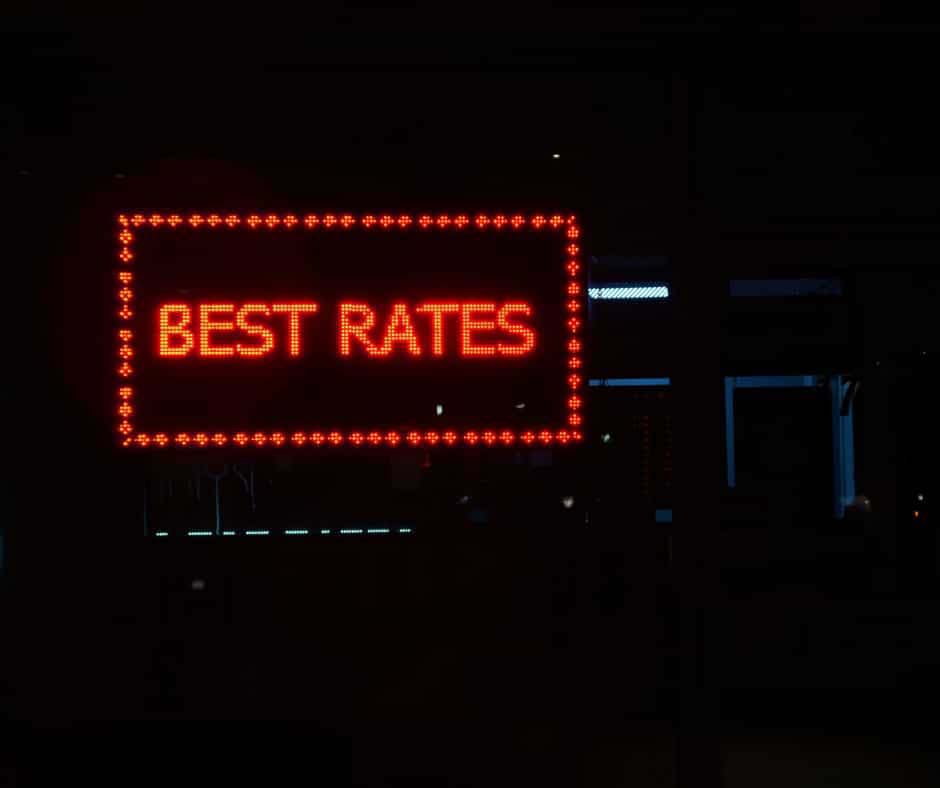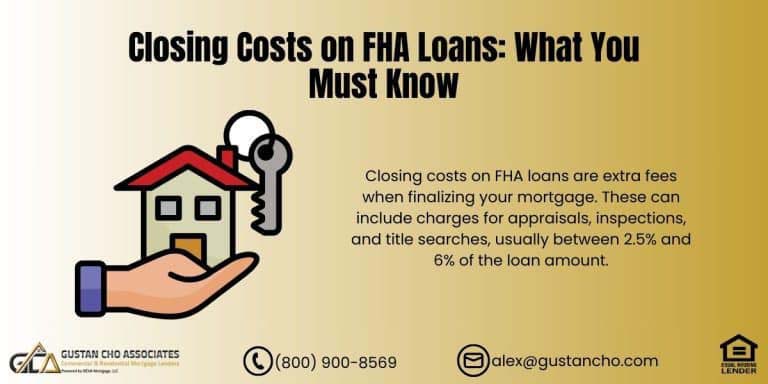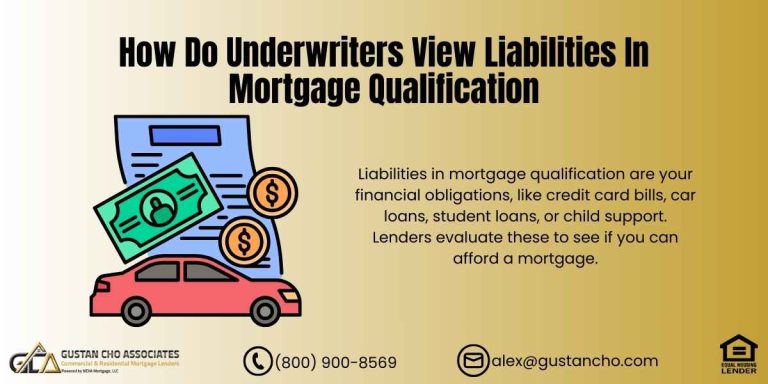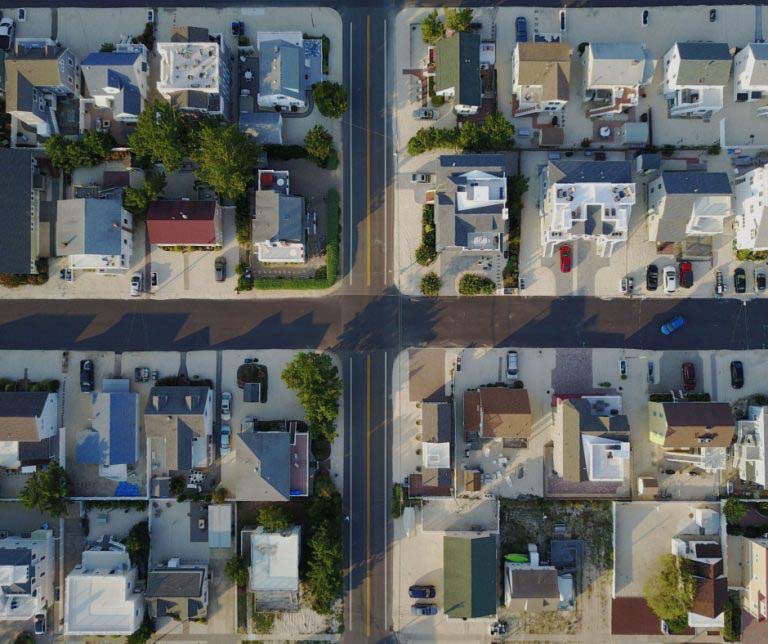This guide covers understanding FHA mortgage rates on purchase and refinance transactions. FHA loans are the most popular mortgage program in the United States. More and more homebuyers use FHA mortgages to purchase their homes. This especially holds true for first-time homebuyers and borrowers with less than perfect credit. HUD, the parent of the Federal Housing Administration (the FHA), sets the minimum agency mortgage guidelines that lenders need to meet. FHA is not a lender
FHA is a federal government agency whose mission and the role is to insure and partially guarantee loans that are originated and funded by lenders.
In the event the borrower defaults on their FHA loan, HUD will partially insure and guarantee the lender against the loss of the foreclosure. Due to this government guarantee, private lenders are more than willing to originate and fund FHA mortgages at low mortgage rates with a 3.5% down payment requirement. In this article, we will cover and discuss understanding FHA mortgage rates on purchase and refinance.
Understanding FHA Mortgage Rates
As mentioned earlier, due to the government guarantee, lenders are able to offer FHA loans at low mortgage rates. However, although all FHA loans are insured and partially guaranteed by HUD, understanding FHA mortgage rates is important for borrowers. All lenders will have pricing adjustments to mortgage rates
Pricing adjustments are called loan-level pricing adjustments and are often referred to as LLPAs. Credit scores are the biggest pricing factor when it comes to FHA loans.
Borrowers with a refer/eligible per AUS may be eligible to qualify for manual underwriting. FHA and VA are the only two loan programs that offer manual underwriting. Due to the government guarantee, the loan-to-value does not really matter when it comes to pricing mortgage rates on FHA loans. There are other factors that determine FHA mortgage rates. We will discuss other loan-level pricing adjustments (LLPAs) in the following paragraphs.
Understanding FHA Mortgage Rates: Do All FHA Lenders Have The Same Mortgage Guidelines
Not all lenders have the same mortgage rates nor do they have the same mortgage guidelines on FHA loans. All lenders must meet the minimum HUD Agency Guidelines that are outlined in The Single-Family Housing Policy Handbook 4000.1. The HUD 4000.1 FHA handbook has extensive information regarding qualification guidelines and requirements on FHA loans. FHA home loan requirements for borrowers are based on credit reputation, capacity, and collateral.
The FHA mortgage process is streamlined through an Automated Underwriting System (AUS) that takes a comprehensive credit risk assessment that determines eligibility. Within seconds, the Automated Underwriting System can render an automated underwriting system approval
All lenders need to meet the minimum HUD Agency Guidelines. However, every lender can have higher mortgage guidelines called lender overlays. Gustan Cho Associates Mortgage Group is one of the very few national mortgage companies that do not have lender overlays. We just go off the HUD minimum agency guidelines. As long as borrowers get an approve/eligible per automated underwriting system, we do not require any other additional lender overlays. All manual underwriting mortgage guidelines apply to VA and FHA loans. Compensating factors is very important for manual underwriting with high debt to income ratios.
Click here to qualify for an FHA Loan
How Do FHA Loans Work
FHA (Federal Housing Administration) mortgage rates are rates offered on home loans that the FHA insures. In the following paragraphs, we will cover key points about understanding FHA mortgage rates:
FHA Loan Backing
FHA loans are backed by the federal government, allowing lenders to offer more favorable terms and lower credit requirements than conventional loans.
Lower Down Payments
FHA loans require as little as a 3.5% down payment, making homeownership more accessible for those with limited funds for a large down payment.
Mortgage Insurance Premiums
Borrowers must pay an Upfront Mortgage Insurance Premium (UFMIP) and an Annual Mortgage Insurance Premium (MIP) on FHA loans. These premiums protect the lender if the borrower defaults.
Rate Determination
FHA mortgage rates are set by individual lenders and can vary based on factors like credit score, loan amount, down payment, and the lender’s guidelines.
Rate Comparisons
FHA mortgage rates are generally lower than conventional loan rates for borrowers with lower credit scores or higher debt-to-income ratios.
Rate Influencers
Like other mortgage rates, FHA rates are influenced by broader market conditions, such as the movement of the 10-year Treasury yield and the overall economy.
Rate Types
FHA loans can have fixed-rate or adjustable-rate mortgage (ARM) options, with fixed-rate being more popular for their stability.
FHA Streamline Refinancing
FHA offers a streamlined option for existing FHA borrowers, which can help lower their rates without extensive documentation or underwriting. While FHA mortgage rates are typically lower than conventional rates for borrowers with less-than-perfect credit, mortgage insurance premiums can increase the overall costs. To find the most competitive rates and terms, it’s essential to shop around with multiple FHA-approved lenders.
HUD Guidelines on FHA Loans
The minimum down payment requirement is 3.5% for credit scores 580 FICO or higher on FHA loans. Borrowers need to put down 10% for credit scores under 580 FICO on FHA loans. There is a two year waiting period requirement after Chapter 7 Bankruptcy discharged date. There is a three-year waiting period requirement after a housing event such as a foreclosure, a short-sale sale, or a deed in lieu of foreclosure. Borrowers can qualify for an FHA loan one year into Chapter 13 Bankruptcy Repayment plan.. Chapter 13 Bankruptcy does not have to be discharged. There is no waiting period after Chapter 13 Bankruptcy discharged date to qualify for FHA loans.
Click here to qualify for an FHA Loan under 580 FICO
Understanding FHA Mortgage Rates and LLPAs
Mortgage rates are less credit-sensitive when it comes to mortgage rates versus conventional loans. This is due to the government guarantee. With conventional loans, credit scores and loan to value are the two biggest factors when determining mortgage rates. The biggest factor with mortgage rates on FHA loans is credit scores. There are other factors that affect FHA mortgage rates and Loan-Level Price Adjustments. The following are factors that affect rate adjustments on FHA loans:
- Loan-to-value
- Loan amount
- Manual versus automated underwriting system
- Debt to income ratio
- Loan purpose
- Appraised value
- Type of loan
- Refinance purpose
- Occupancy type
- Number of units
- Property type
- Property state
- Credit score
- Other types
Any other added risk factor to the lender will have an impact on pricing hits on FHA mortgage rates.
Are Reserves Required on FHA Loans
In general, reserves are not required on FHA loans unless there are certain circumstances where we will cover in this section. The automated underwriting system requires it. Manual underwriting requires one-month reserves. One month’s reserve is equivalent to one month of principal, interest, taxes, insurance (P.I.T.I.). Two unit properties require one month’s of reserves. Three to four-unit properties require three-months of reserves
Discount Points For Borrowers With Low Credit Scores
There are instances where borrowers with lower credit scores may need to pay discount points. For example, a borrower with a 500 FICO score may need to pay 1% to 2% discount points. Plus their mortgage rates will be substantially higher than a borrower with a 700 credit score. Please contact us at Gustan Cho Associates at 800-900-8569 or text us for a faster response if you have further questions on this topic and/or other mortgage-related topics. Or email us at gcho@gustancho.com.
Click here to qualify for an FHA Loan with low credit scores










